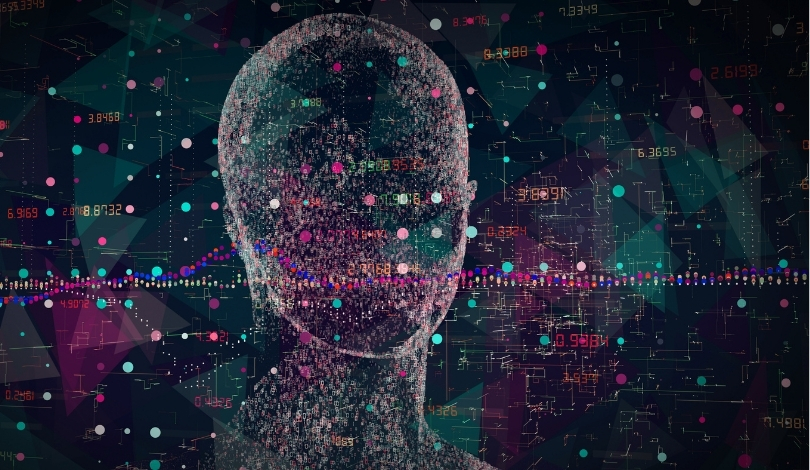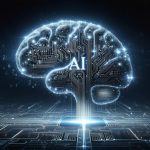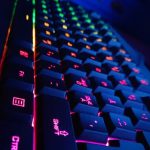Each autumn, the Nobel Prizes spotlight scientific discoveries that shaped the world, and they have always honored human achievements. As artificial intelligence paves new ground in research, questions arise on whether future breakthroughs credited to non-human entities could merit similar acclaim. The Nobel Turing Challenge, initiated by Sony Computer Science Laboratories’ chief Hiroaki Kitano, embodies this pursuit, setting a target for an AI-driven discovery to reach Nobel-level distinction by 2050. This prospect has sparked debate on the evolving meaning of innovation, with the potential to reshape how society values discovery—whether made by human hands or algorithmic minds.
Initial reactions to the Nobel Turing Challenge largely echoed responses to previous audacious AI goals, such as RoboCup’s quest for robot soccer supremacy. Earlier news about AI’s place in top scientific awards highlighted limited, supportive roles for tools like Google DeepMind’s AlphaFold in recent Nobel-winning research. However, the possibility of a fully autonomous AI conducting end-to-end scientific work moves far beyond merely aiding researchers. Progress in neural networks and automated laboratory platforms mark steady, although cautious, advances toward Kitano’s ambitions. Differing from earlier views, the project now faces more nuanced scrutiny as the boundaries between human and machine-generated insight continue to blur.
How Does the Nobel Turing Challenge Work?
Established in 2016, the Nobel Turing Challenge outlines two targets: an AI system must independently complete the full cycle of scientific discovery—including defining questions, hypothesis generation, experiment execution, and analysis—and must present findings so convincingly as to mask its non-human nature. This dual focus draws inspiration from the Turing Test, where artificial intelligence is assessed by its ability to mimic human cognitive processes convincingly.
Is Full Autonomy Achievable in Scientific Research?
While AI tools like AlphaFold have already influenced Nobel-recognized projects, independently run AI “scientists” able to generate hypotheses and operate automated experiments are still in their early stages. Kitano acknowledges these gaps, pointing out that “biological systems may be too complex and vast and overwhelm human cognitive capabilities.” He emphasizes that both progress and uncertainty define the current landscape.
Can AI Systems Qualify for a Nobel Prize?
Despite technical progress, current Nobel rules allow only “living persons, organizations, or institutions” as recipients, making an outright AI win out of reach. Nevertheless, Kitano sees value in prompting a reassessment of Nobel eligibility criteria, remarking,
“I think if [the] Nobel committee created an internal rule to check if the candidate is human or A.I. before the award decision, that would be our win.”
This desire for recognition beyond traditional frameworks remains central to the challenge’s ambition.
AI’s role in research continues to expand, yet full autonomy remains difficult due to the complexity of scientific inquiry and experiment logistics. If AI were ever to be considered for a Nobel, it would likely first appear in fields such as physics, chemistry, or physiology and medicine, where the challenge’s proponents see the most potential. Kitano reflects on mixed reactions received in the scientific community and notes their importance:
“Any grand challenge will face such mixed reactions. Otherwise, it is not challenging enough.”
The integration of AI into prize-winning research is already evident, but the concept of an AI laureate still raises fundamental questions about originality, agency, and recognition.
As AI research tools gain influence, the discourse surrounding the Nobel Turing Challenge underscores a shift in scientific culture from pure human-led inquiry to broader collaboration with autonomous systems. For professionals and researchers, keeping abreast of developments in AI-driven laboratories and the debate over their legitimacy is crucial. Awareness of ongoing regulatory and ethical discussions can help individuals better understand the trajectory of AI’s role in high-level scientific achievement. Whether AI will ever fully qualify for Nobel consideration depends not just on technical triumphs, but also on how global awarding bodies and the public adapt their definitions of merit and discovery.










